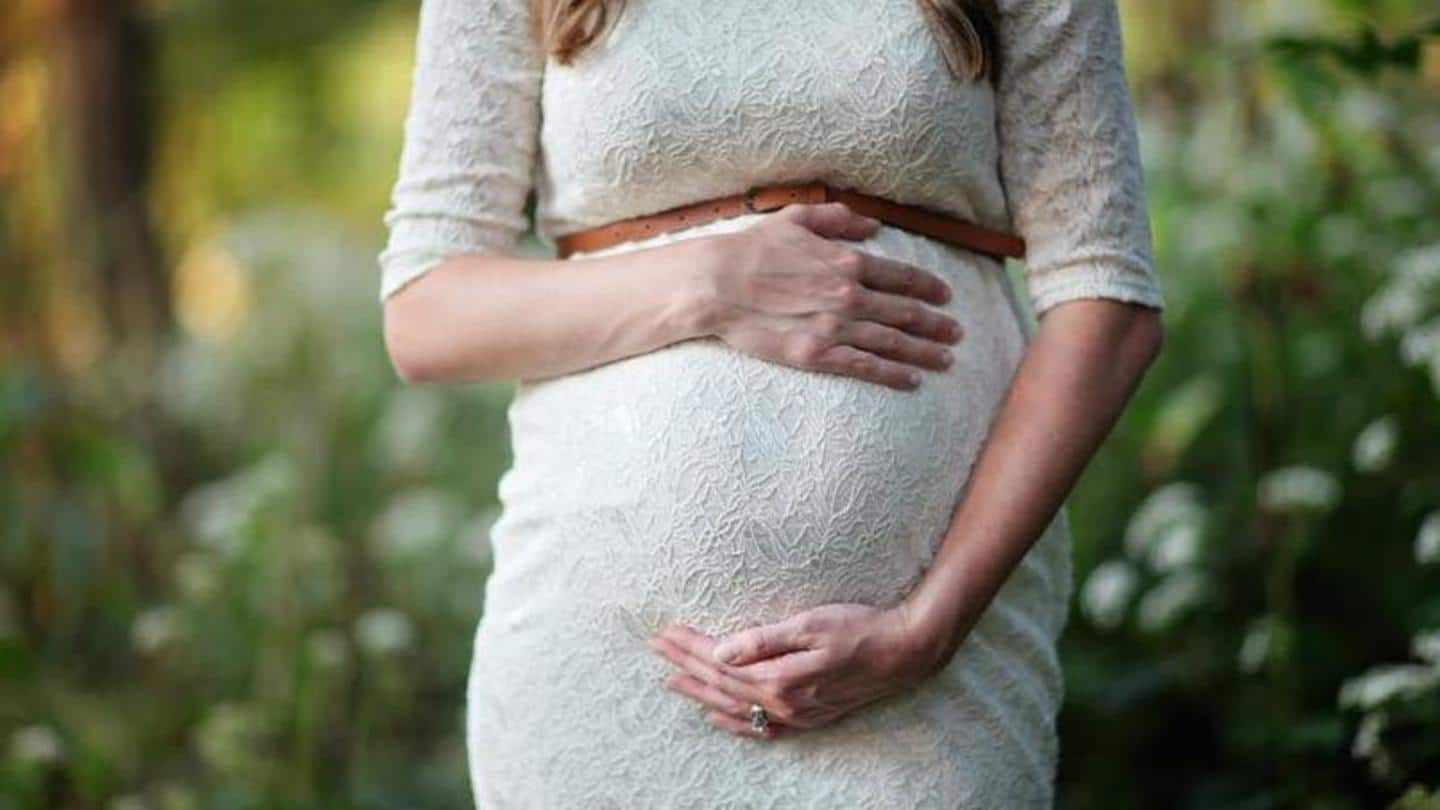
Woman conceives twice a week apart, welcomes twin boys
What's the story
A woman in Texas, US, experienced a rare pregnancy that she terms a "miracle."
Cara Winhold (30) gave birth to twins in October 2021.
The rarity lay in the fact that she conceived the second one while she was already pregnant.
After suffering three miscarriages, Cara learned last March that she's pregnant with twins conceived just a week apart!
#1
When Cara found out!
Talking about this miracle, Cara told Metro, "I said to the doctor, 'What happened? He wasn't there the first time. What's going on?' The doctor said that most likely I ovulated twice, released two eggs and they got fertilized at different times, nearly a week apart."
One of her miscarriages prior to this pregnancy was near-fatal when the baby got stuck in her cervix.
#2
Cara was determined to have more kids
Cara and Blake Winhold had their first child, a boy, in 2018.
They wanted to expand the family thereafter. But after Cara reportedly suffered three miscarriages, they lost hope.
However, Cara's determination to be a mother again urged her to get therapy and not give up.
After she conceived in February last year, their doctor informed her of twin boys a month later.
#3
'Blessed with a house of boys'
Cara gave birth to Colson right after 4 am on October 25, 2021, and Cayden was born six minutes later.
Although the babies are twins, there's a significant weight difference.
"I 100% believe it was a miracle just because of everything that happened in my pregnancy journey," Cara told SWNS. "I'm blessed with a house of boys."
#4
What's the miracle?
Due to superfetation, Cara conceived twice within a short period.
Superfetation happens when a new pregnancy begins during an initial pregnancy.
Another egg is fertilized by sperm and implanted in the womb days or weeks after the first one is fertilized.
Babies born from superfetation are considered twins since they most likely are born on the same day during the same birth.
#5
How rare is superfetation?
An Australian woman named Kate Hill became pregnant twice in 10 days in 2016 after undergoing hormone therapy.
Since such fetuses have different gestational ages, their due dates are also different.
However, they mostly come on the same day.
The extremely rare process is not just limited to humans but can also occur in rodents, rabbits, panthers, primates, fish, swamp wallabies, and kangaroos.